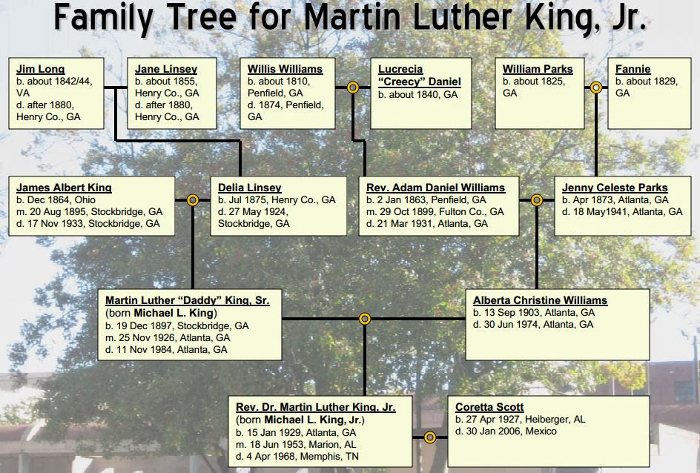US Army Intelligence
Spied on King Family for 3 Generations
Contrary to what is presented in corporate state media, the United States Intelligence-Surveillance State is not a recent phenomenon. A penetrating article written by Stephen G. Tompkins in 1993 investigates a level of institutional racism that directed multi-generational decision-making by authorities in U.S. Army Intelligence.
The article reveals what was, in 1993, “the Army’s largest-ever espionage operation within the United States.” The complete article is available here. The beginning is quoted below.
Spying on blacks started 75 years ago
The Commercial Appeal, Memphis Tennessee
Sunday, March 21, 1993
The intelligence branch of the United States Army spied on the family of Dr. Martin Luther King Jr. for three generations. Top secret, often illegal, intrusions into the lives of black Americans began more than 75 years ago and often focused on black churches in the South and their ministers.
The spying was born of a conviction by top Army intelligence officers that black Americans were ripe for subversion – first by agents of the German Kaiser, then by Communists, later by the Japanese and eventually by those opposed to the Vietnam War.
At first, the Army used a reporting network of private citizens that included church members, black businessmen such as Memphis’s Robert R. Church Jr., and black educators like the Hampton Institute’s Roscoe C. Simmons. It later employed cadres of infiltrators, wiretaps and aerial photography by U2 spy planes.
As the civil rights movement merged with anti-war protests in the late 1960s, some Army units began supplying sniper rifles and other weapons of war to civilian police departments. Army Intelligence began planning for what some officers believed would soon be armed rebellion.
By March 1968, King was preparing to lead a march in Memphis in support of striking sanitation workers and another march a few weeks later that would swamp Washington with people demanding less attention to Vietnam and more resources for America’s poor.
By then the Army’s intelligence system was keenly focused on King and desperately searching for a way to stop him.
On April 4, 1968, King was killed by a sniper’s bullet at the Lorraine Motel in Memphis.
In the 25 years since, investigators have focused on the role the FBI and other police agencies played in King’s life. Few have paid attention to the Army’s activities.
Some of the Army’s spying against anti-war and civil rights groups became public knowledge in 1971 congressional hearings. But key intelligence officers avoided testifying, leaving the full story untold.
The Commercial Appeal’s 16-month investigation of the Army’s secret spy war with black citizens provides a first-time look inside the Army’s largest-ever espionage operation within the United States.
Much of the story was pieced together from a trail of memos, memoirs, diaries and meeting notes scattered around the country in military archives, the Library of Congress, presidential libraries and private collections. Some of the documents are still classified. Other pieces came from interviews with nearly 200 participants, including the recollections of several dozen Army agents still living in this country and in Mexico.
This newspaper’s investigation uncovered no hard evidence that Army Intelligence played any role in King’s assassination, although Army agents were in Memphis the day he was killed.
But the review of thousands of government documents and interviews with people involved in the spying revealed that by early 1968 Army Intelligence regarded King as a major threat to national security.


